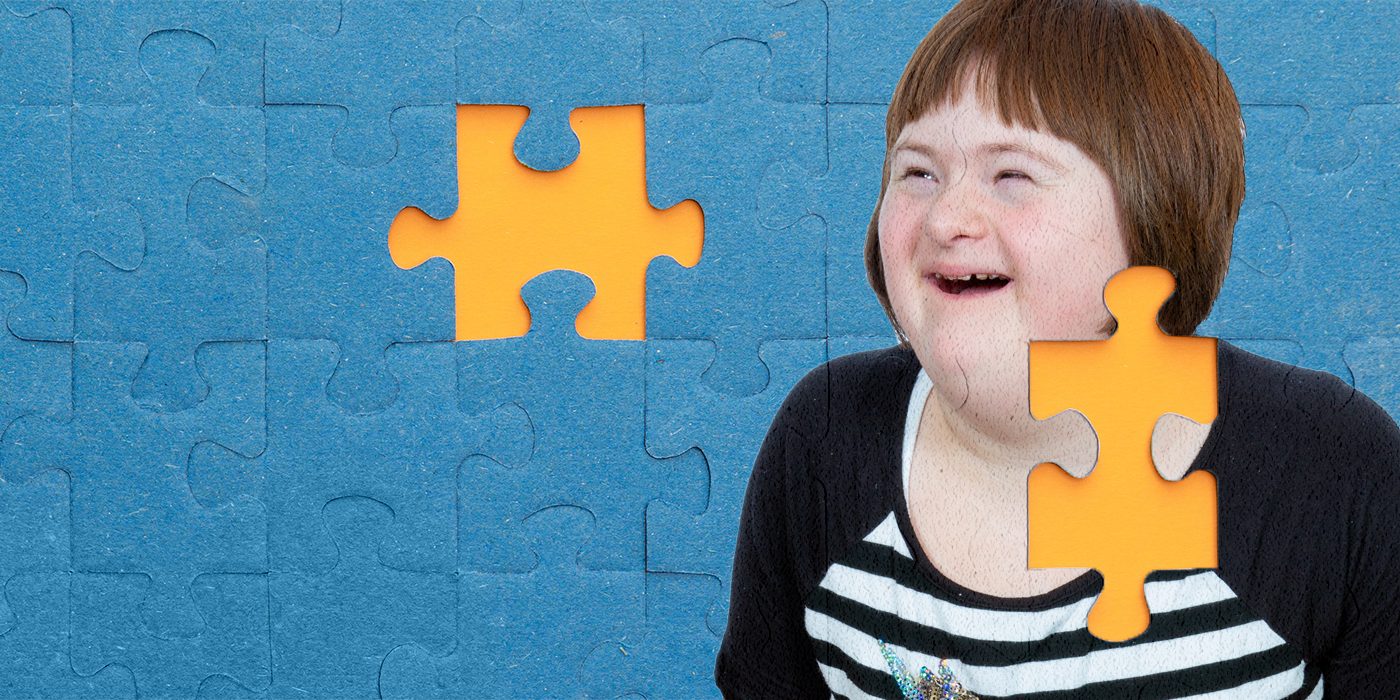The Impact of Early Intervention on Children with Autism: What Parents Required to Know
The Impact of Early Intervention on Children with Autism: What Parents Required to Know
Blog Article
Understanding Autism: A Comprehensive Overview to Symptoms And Signs
Autism Range Disorder (ASD) incorporates a large variety of features that can considerably influence an individual's social communications and daily functioning. Recognizing these nuances not just help caregivers and educators in supplying appropriate assistance but likewise cultivates a more comprehensive setting for individuals with ASD.
Introduction of Autism Spectrum Disorder
Defining Autism Range Problem (ASD) includes recognizing it as a complex neurodevelopmental condition defined by a range of difficulties in social interaction, communication, and behavior patterns. The term "range" mirrors the vast irregularity in symptoms and their severity, which can differ considerably from one person to an additional. ASD commonly materializes in very early childhood years, although some individuals might not get a medical diagnosis up until later in life.
Variables influencing the growth of ASD include environmental variables and genetic proneness, although the precise causes stay under examination. Medical diagnosis often depends on behavioral assessments, as there are no definitive clinical examinations for ASD. Early intervention is vital and can significantly improve end results, concentrating on improving interaction abilities, social interactions, and adaptive behaviors.
Individuals with ASD might likewise display one-of-a-kind staminas, such as remarkable interest to information or details areas of competence. Comprehending the complex nature of ASD is important for fostering an inclusive environment that accommodates neurodiversity. Continued research is essential for establishing effective treatments and support group, enabling individuals with ASD to flourish and meet their prospective within culture.
Usual Signs of Autism
Identifying the usual signs of Autism Range Disorder (ASD) is crucial for very early identification and intervention. These signs can differ extensively in intensity and discussion, however particular attributes are frequently observed in individuals with ASD.
One of one of the most prevalent signs is a significant trouble in preserving and establishing eye contact. People might likewise show restricted passion in social communications and show a preference for singular play. Repeated habits, such as hand-flapping, rocking, or rotating items, typically arise early in youth. In addition, some kids might establish stringent routines and end up being distressed if these routines are interrupted.
Sensory sensitivities are additionally usual; individuals might panic or underreact to sensory stimuli, such as audios, lights, or appearances. autism. Language advancement can be atypical, with some kids exhibiting delayed speech or utilizing language in uncommon methods, including echolalia-- duplicating phrases or sentences listened to somewhere else
It is necessary to note that not every individual with ASD will certainly display all these indicators, and the level of these actions can differ substantially. Early recognition enables prompt support and sources, boosting the quality of life for those on the spectrum.
Social Communication Challenges
Social interaction challenges are a characteristic of Autism Range Disorder (ASD), affecting an individual's capability to involve effectively with others. These troubles can manifest in various ways, including difficulties in starting and maintaining discussions, understanding social cues, and click here for more reacting appropriately in social interactions.
People with ASD may deal with nonverbal interaction, such as eye contact, faces, and body language. This can bring about misunderstandings, as their communicative intent might not be appropriately translated by others. Additionally, they might find it difficult to understand Going Here the nuances of tone and context, which are vital for effective interaction.
In team setups, people with ASD might feel overwhelmed and may not know exactly how to sign up with in discussions (autism). They could also display atypical conversational patterns, such as monologuing about specific passions without identifying social reciprocity
In addition, these challenges can result in social seclusion or difficulties in creating connections, as peers might misinterpret their behavior or interaction style. Recognizing these social interaction difficulties is vital for fostering supportive settings that advertise social skills development and improve the high quality of communications for individuals on the autism range.
Sensory Level Of Sensitivities and Feedbacks
Lots of people with Autism Spectrum Problem (ASD) experience enhanced sensory sensitivities that can considerably influence their everyday lives. These sensitivities may show up as over-responsiveness or under-responsiveness to sensory stimuli, consisting of noises, lights, structures, tastes, and scents. An individual with ASD may find everyday sounds, such as a vacuum cleanser or crowded settings, extremely distressing, leading to anxiety or crises. Conversely, some might display an indifference to pain or severe temperature levels, which can posture safety problems.
Sensory processing distinctions in individuals with ASD can likewise impact their capacity to involve in routine activities and social communications. A kid that is sensitive to touch may resist physical love or stay clear of particular clothes textiles. A preference for particular appearances or tastes can limit dietary alternatives and develop difficulties throughout mealtimes.
Recognizing these sensory sensitivities is essential for acknowledging the unique experiences of people with ASD. Understanding of their sensory profiles can foster much better communication and support methods, creating an environment that suits their needs and improves their lifestyle. Inevitably, acknowledging sensory sensitivities is an important part of understanding the broader spectrum of autism.

Supporting Individuals With Autism
Reliable assistance for individuals with Autism Spectrum Problem (ASD) is critical for boosting their overall health and promoting freedom. Support methods ought to be tailored to satisfy the distinct demands of each person, considering their strengths and challenges.

Social abilities training can additionally play a crucial duty. autism. Involving individuals in team tasks or role-playing scenarios can improve their capability to navigate social communications. In addition, it is vital to inform household participants, caretakers, and peers concerning ASD to cultivate a comprehensive and encouraging area
Conclusion
To conclude, an extensive understanding of Autism Spectrum Disorder is essential for recognizing its signs and indications. Early recognition of common characteristics, such as social interaction difficulties and sensory sensitivities, makes it possible for instructors and caregivers to execute effective treatments. By fostering boosted interaction and social skills, people with autism can browse their atmospheres much more effectively. Inevitably, boosted awareness and support can substantially improve the lifestyle for those influenced by ASD.
Autism Spectrum Condition (ASD) encompasses a large range of features that can considerably influence an individual's social communications and daily functioning.People with ASD may struggle with nonverbal communication, such as eye call, facial expressions, and body language.Lots of people with Autism Range Disorder (ASD) experience increased sensory level of sensitivities that can significantly affect their everyday lives.Sensory handling distinctions in people with ASD can also impact their capability to involve in routine tasks and social interactions.Understanding these sensory level of sensitivities is essential for acknowledging the one-of-a-kind experiences of individuals with ASD.
Report this page